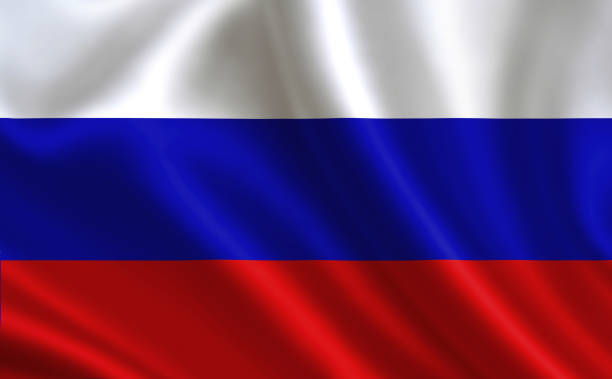The Plenum of the Russian Supreme Court released Resolution No. 10 on Applying Part Four of the Russian Civil Code in April 2019, which defined the mechanism for applying Russian intellectual property legislation in court disputes. Traditionally, clarifications have been based on specific court decisions and have dealt with a variety of concerns, such as jurisdiction over disputes over means of individualization and evidence in intellectual property proceedings. Although the Resolution does not have the status of statutory regulation, its provisions have a significant impact on the development of court practice in Russia and are frequently crucial for courts when making decisions on specific issues – courts are already relying on the Resolution when resolving disputes.
Since the spring of 2015, the Russian government has pushed for parallel imports to be permitted, at least for some commodities (pharmaceuticals, medical devices, automobile components, cosmetics, perfumes, alcoholic beverages (excluding beer), and hygiene products). Parallel importation may be permitted if the trademark owner engages in unfair tactics such as price regulation or competitive restriction, according to the Russian Constitutional Court.
This approach was also outlined in Resolution No. 10 cited above. The Federal Anti-Monopoly Service (FAS) published a decision in September 2020, ruling that the conduct of two rights holders aimed at preserving their trademark rights from unlawful imports of branded products into Russia by third parties under parallel imports was unfair competition. Despite the regional principle of exhaustion, which requires the approval of the rights owners to import from the Eurasian Economic Union and Russia, the FAS effectively legalized the import of goods from other countries without the consent of the rights holder.
In August 2021, Russian courts backed up this approach by dismissing two major foreign manufacturers’ claims challenging FAS injunctions on parallel imports of car spare parts and hydraulic equipment, once again citing a ban on spare parts imports by unauthorized importers as an act of unfair competition. The problem of legalizing parallel imports, on the other hand, has not been settled, and the Ministry of Economic Development is now conducting consultations on the subject.
The Russian government enacted the Roadmap on the Transformation of the Business Climate in the Field of Intellectual Property in August 2020, which outlines legislative objectives for the years 2020–2022, including:
- setting up the regional system of intellectual property rights protection within the EEU;
- improving the quality and reducing the time frame for the provision of state services in the area of protection of intellectual property rights;
- simplifying the mechanisms for assigning intellectual property rights, including through electronic means; and
- clarifying the procedures for the distribution of rights over intellectual property developed under a state contract.
There were also developments in the digitalization of several sectors of the Russian economy in the period 2020–2021, including intellectual property (for example, since 17 January 2021, it has been possible to issue patents for industrial property objects in electronic form). In addition, the Russian government has taken a number of supportive steps, including the establishment of experimental legal regimes in the area of digital innovation (regulatory sandboxes) and tax breaks for Russian IT businesses.
IP Perspectives and trends in Russia
Although most worldwide trends are reflected in Russian laws and practices, intellectual property protection in the contemporary sense is still relatively new in Russia. Some regulations are still being revised, resulting in new changes, improvement recommendations, and legal debates. The establishment of regional institutions for the protection of intellectual property rights inside the EEU, as well as the harmonization of national legislation, are receiving a lot of attention. At the legislative level, there are numerous ongoing talks on prospective legislative amendments aimed at addressing present loopholes in the law and improving intellectual property protection while taking into account new unfair practices and technological advancements.
The Russian legal system for intellectual property is typically in accordance with international standards, allowing Russian and foreign IP owners to protect their rights successfully.
You can find the list of Russia Top IP Firm here.

